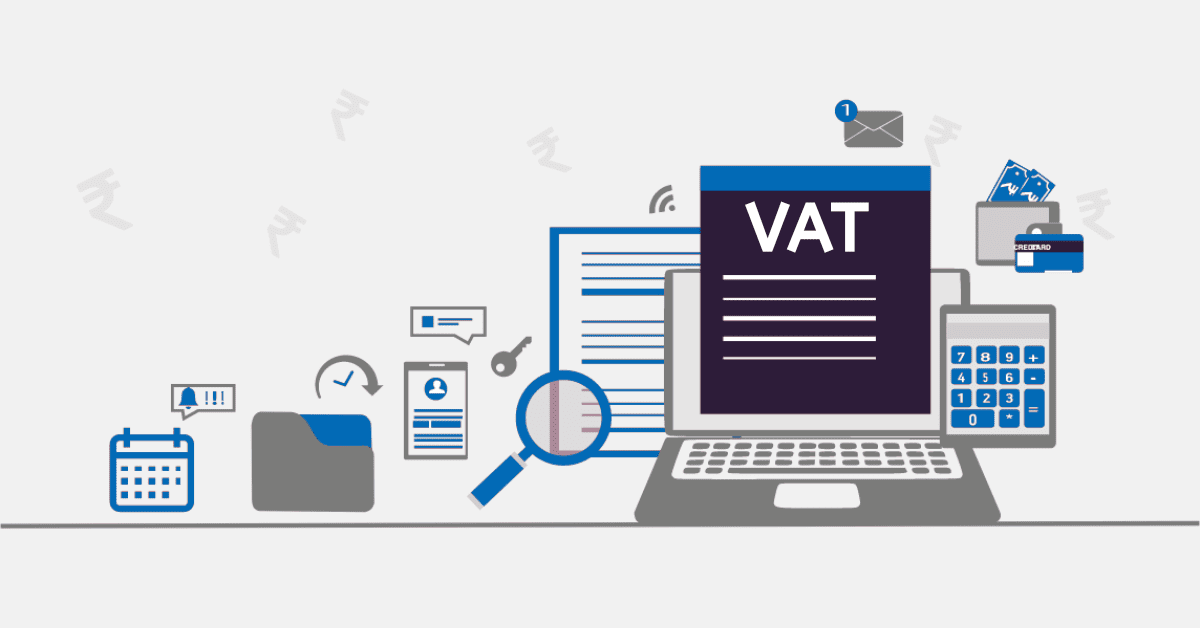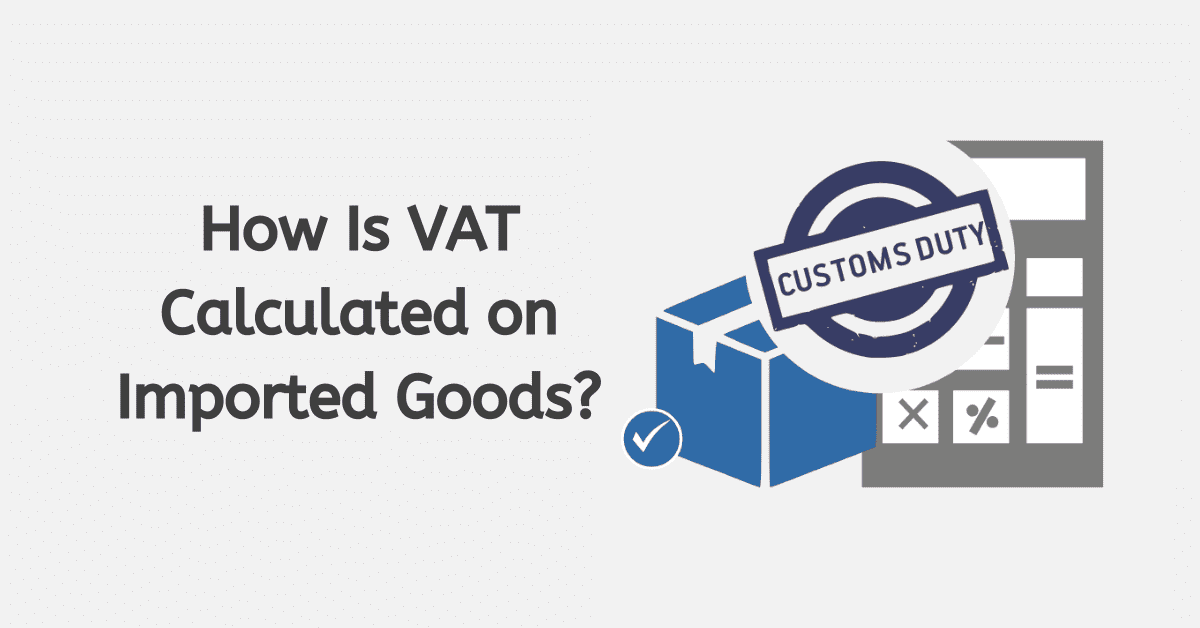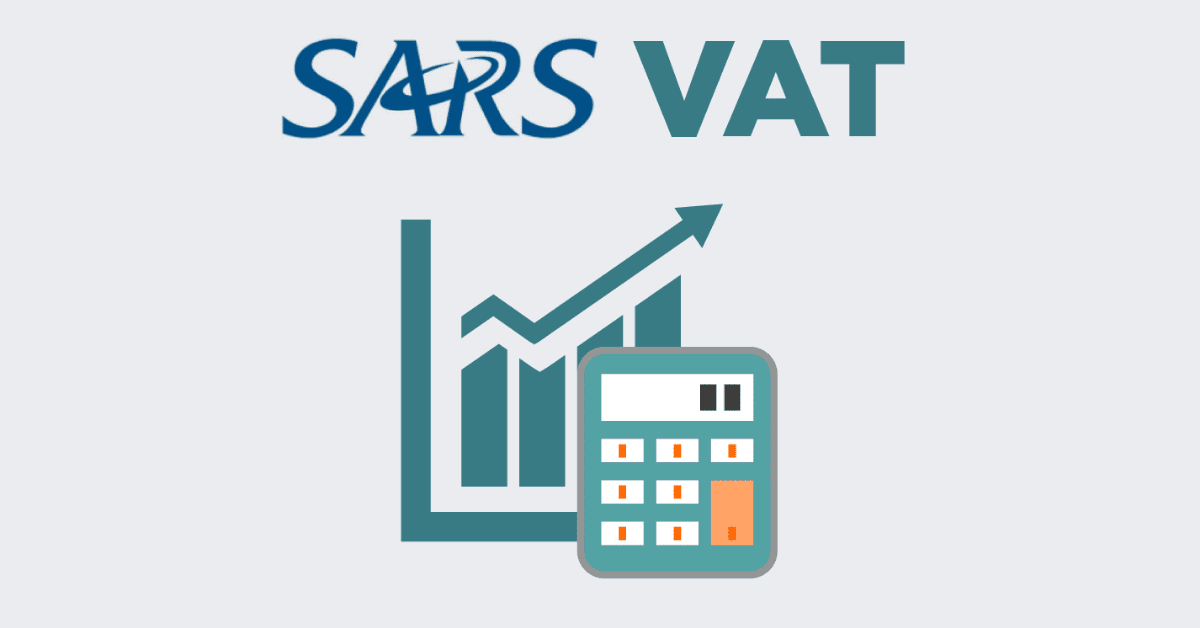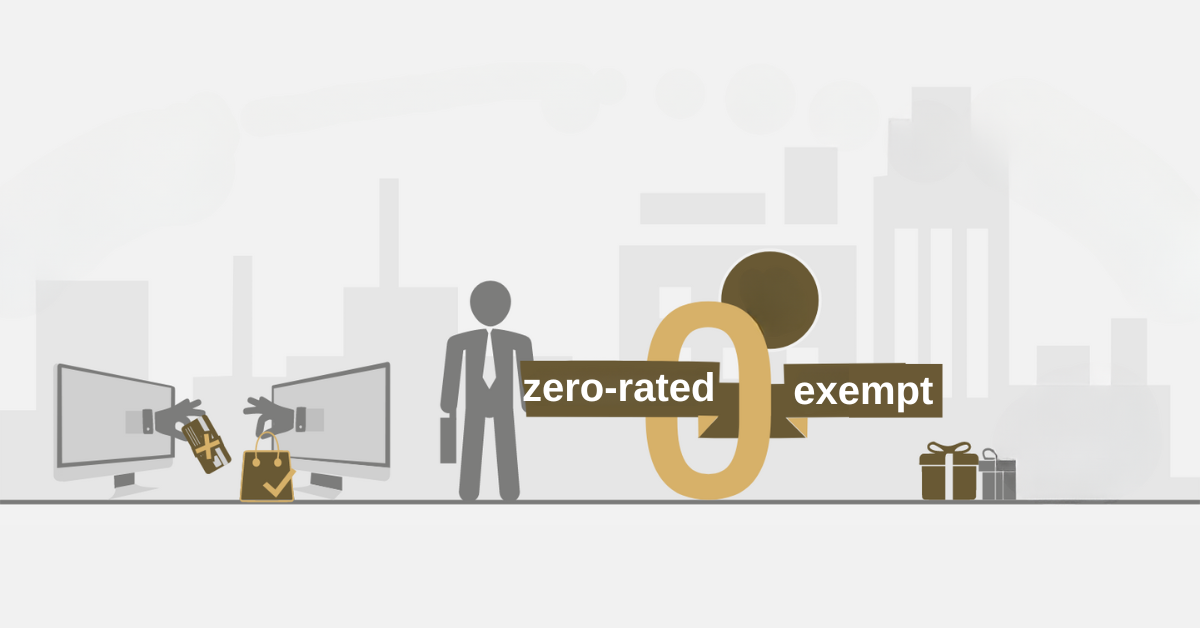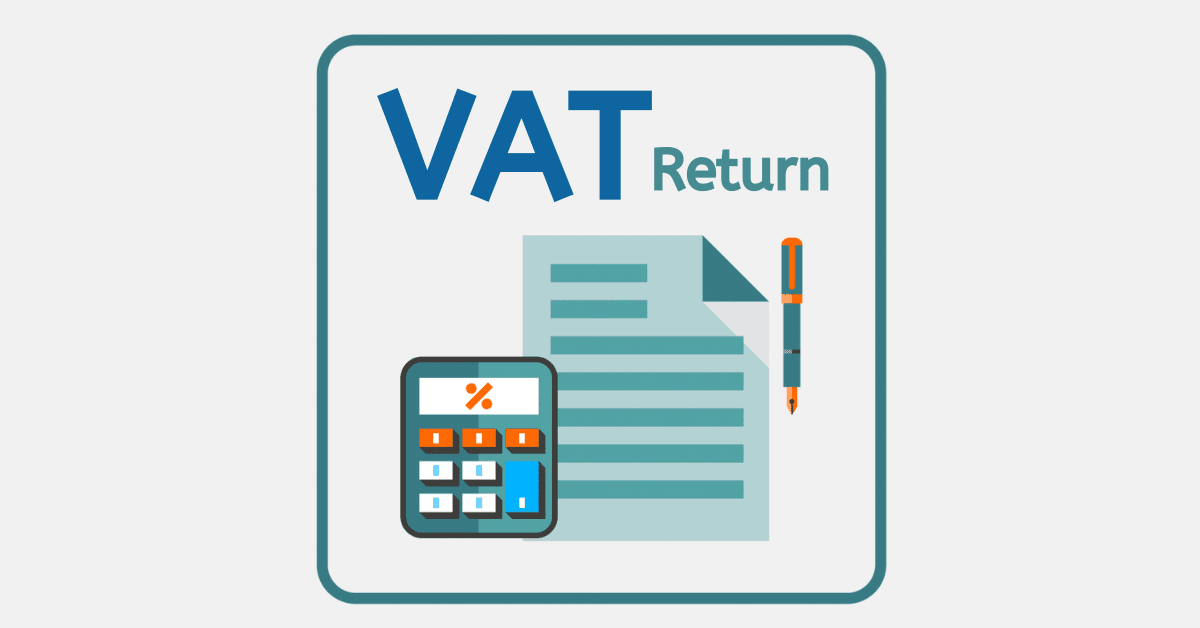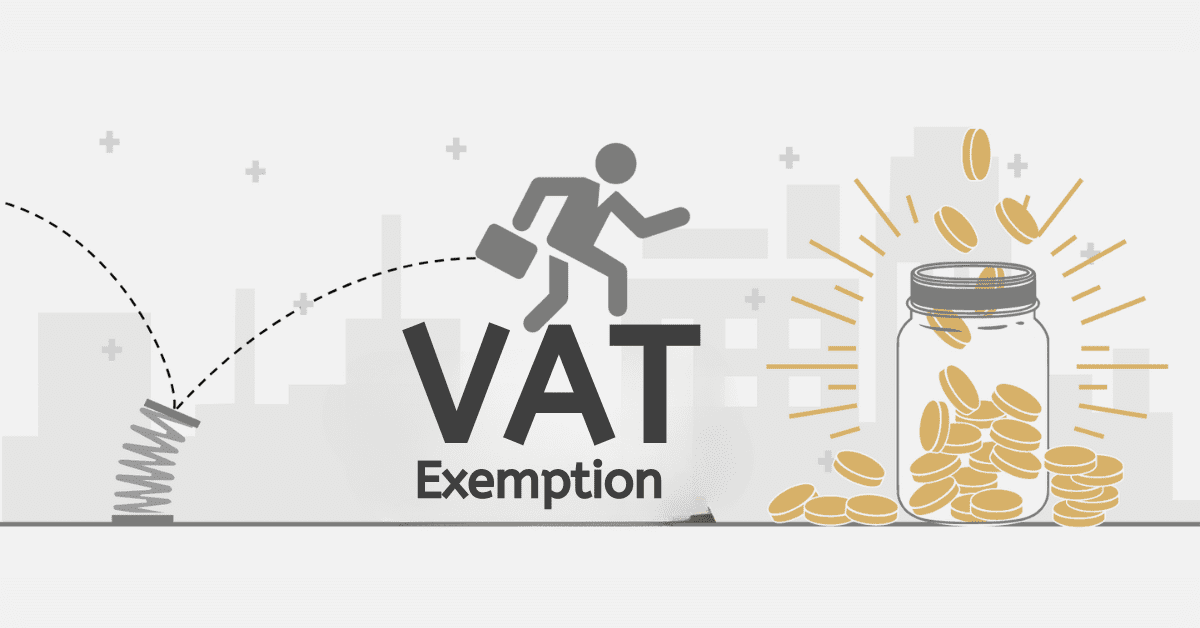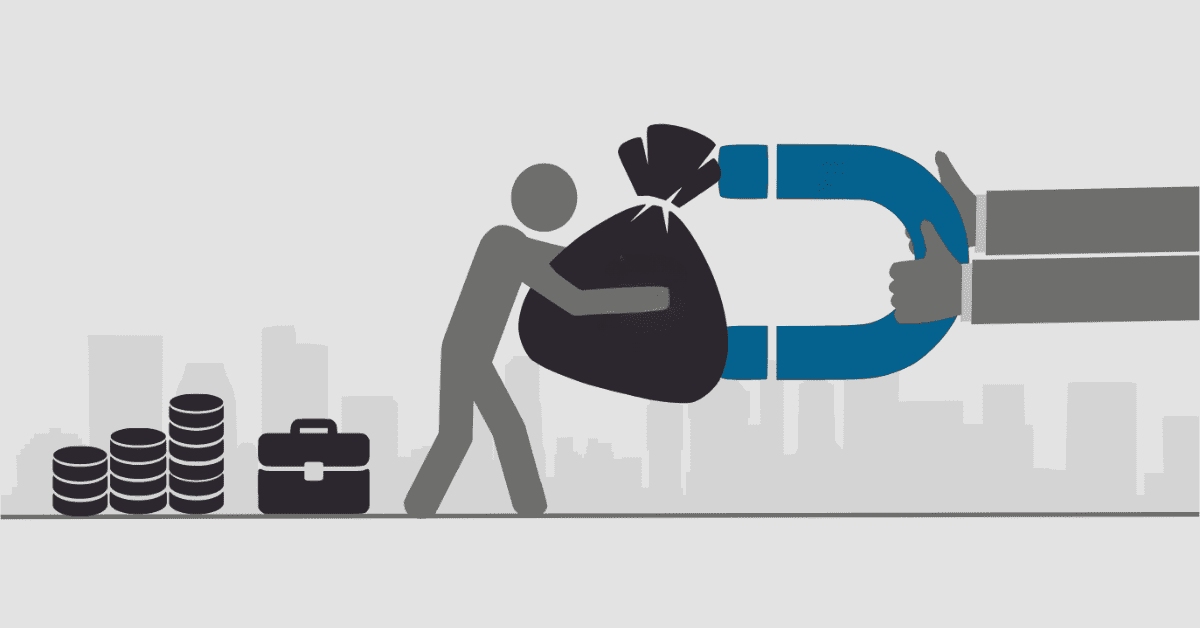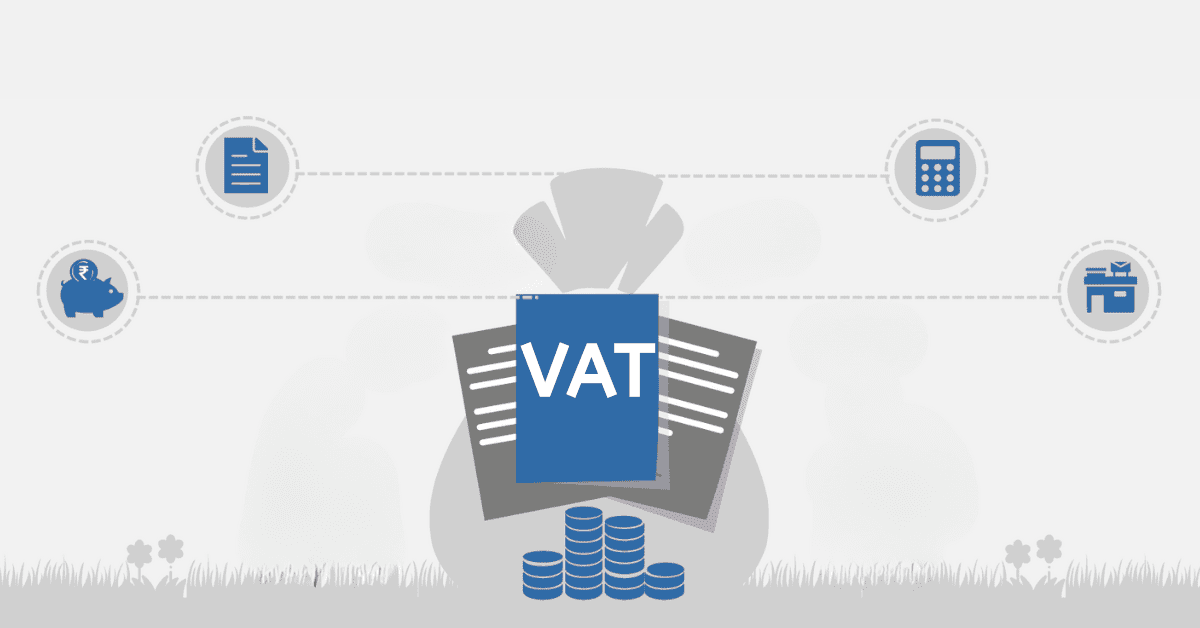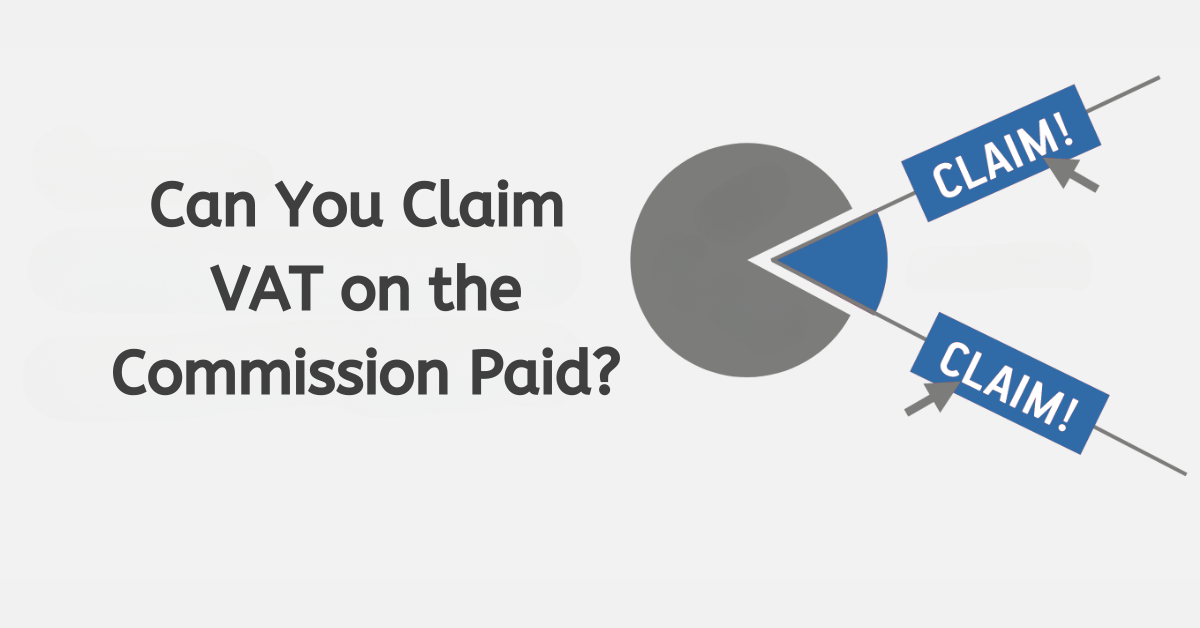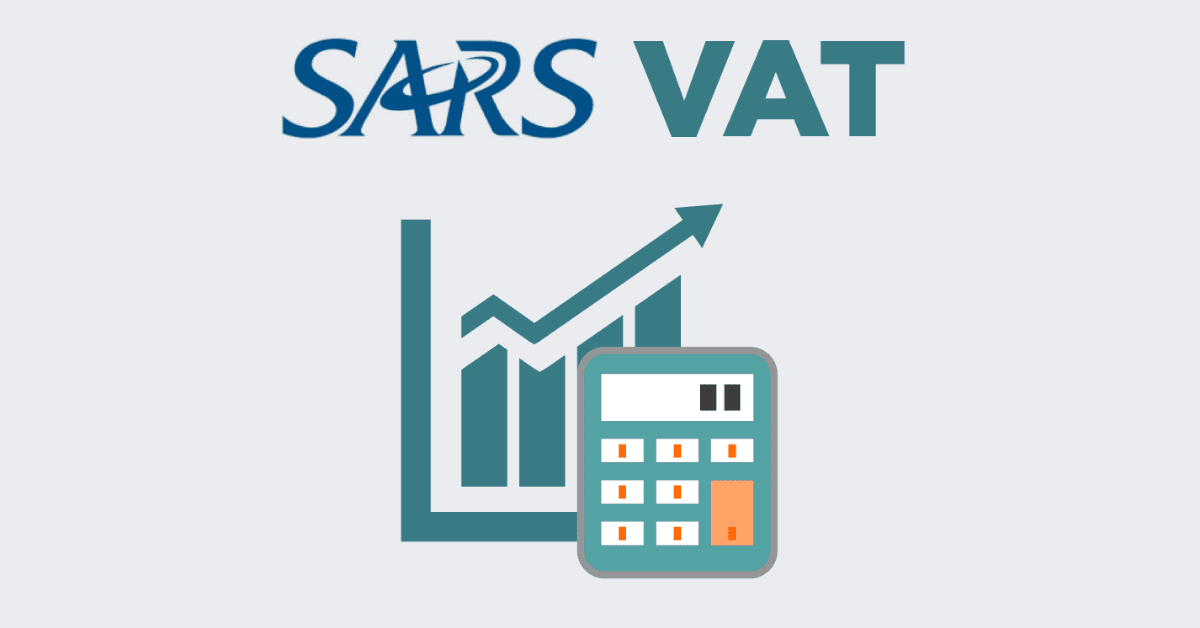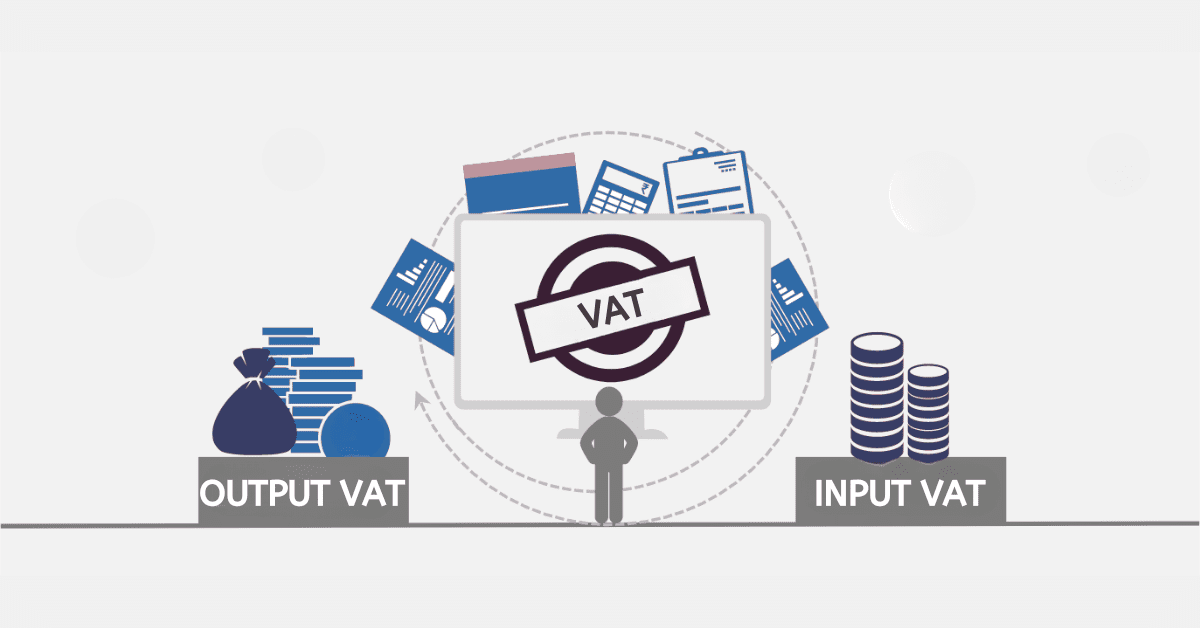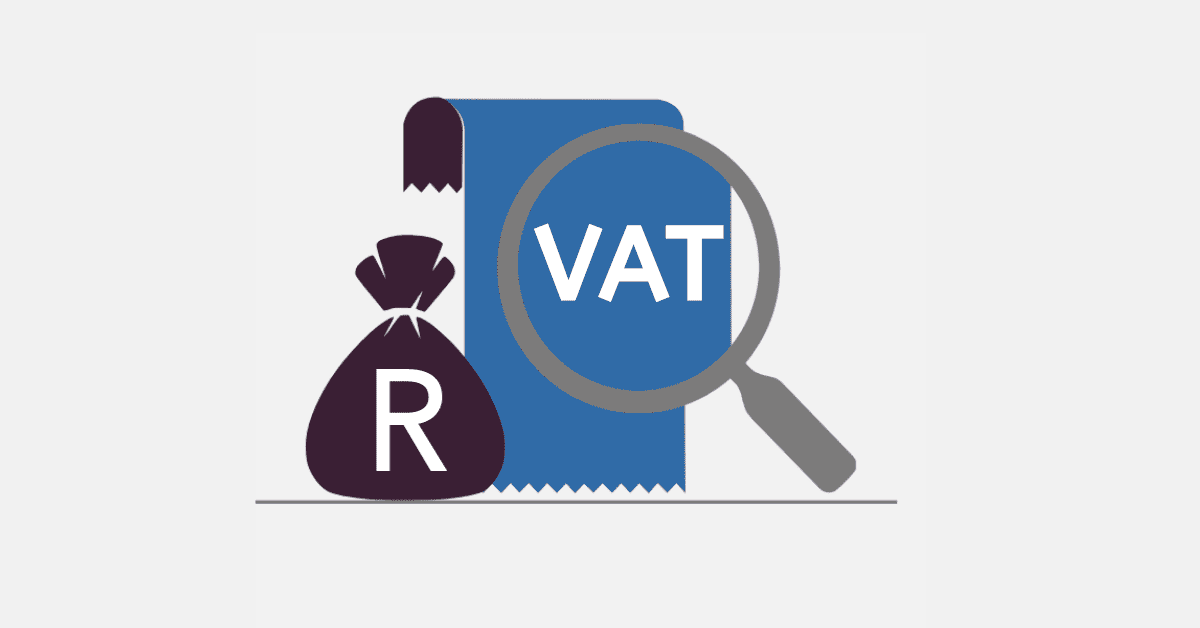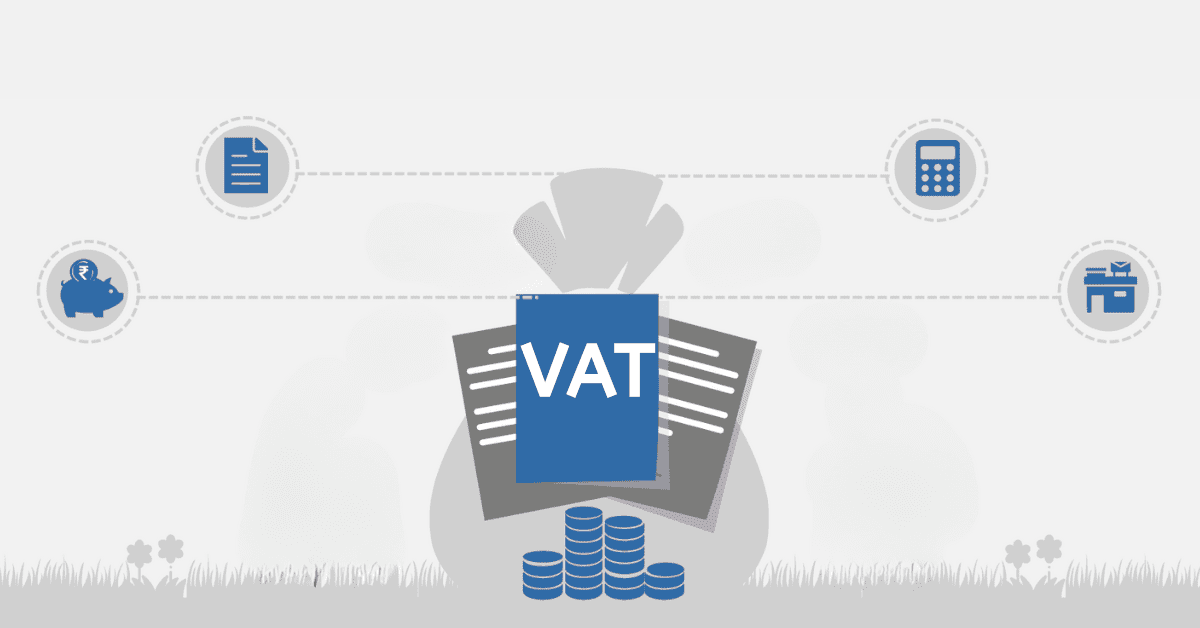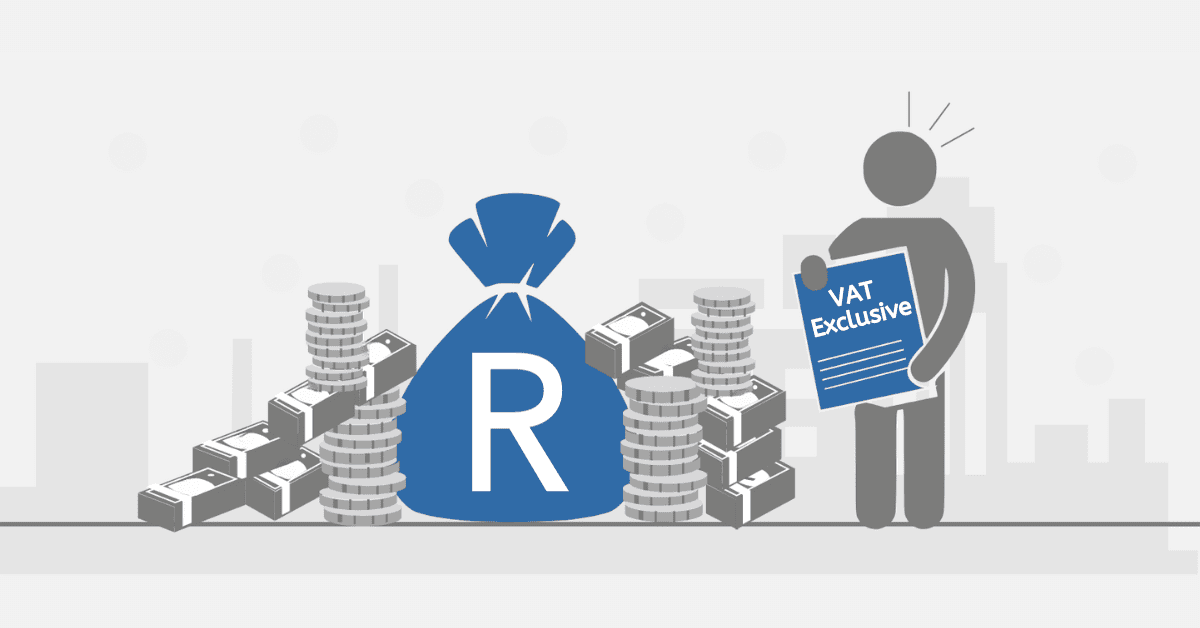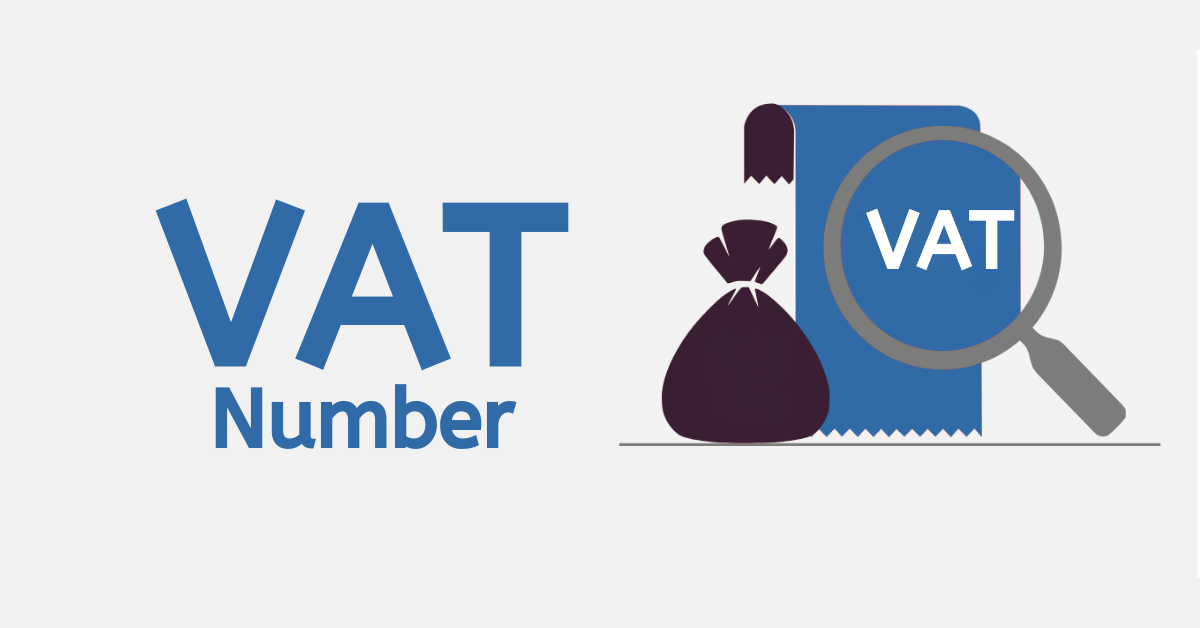Before you register as a vendor for value-added tax (VAT) in South Africa, your business should earn a certain amount of money, known as the VAT threshold. One must earn more than the VAT threshold for 12 months, although this period does not necessarily align with your tax year. It is important to know how VAT functions, and this article has you covered.
How Much Is the VAT Threshold?
If your taxable supplies have already been made or are expected to exceed R1 million in 12 months, it is compulsory to register for VAT. You should submit your compulsory VAT registration application within 21 working days from the date your enterprise reaches the R1 million threshold.
If you are a non-resident supplier of specific electronic services, you will also be liable for VAT registration if your taxable supplies exceed R1 million. You need to register for VAT during the month you reach the threshold when operating in the country. Intermediaries should also register for VAT on behalf of their non-resident suppliers of electronic goods and services.
The threshold for VAT voluntary registration is R50 000 in the past 12 consecutive months. You can consider this option if the value of your taxable supplies is less than R1 million but exceed R50 000. Voluntary registration applies to the following persons:
- Welfare organisations
- Municipalities
- The person is involved in activities listed in General Notice R446 published in Government Gazette No. 38836
- You meet the requirements in General Notice R447 published in the Government Gazette No. 38836
- Acquisition of a business
It is crucial to keep your books up to date so that you don’t miss VAT registration once you reach the threshold.
Is the VAT Threshold Turnover or Profit?
The VAT threshold is based on the total value of sales generated by your business, not profits. The VAT taxable turnover is subject to tax after exemptions have been removed. It is vital to understand the concept of taxable turnover for VAT so you know if your enterprise is required by the South African Revenue Service (SARS) to register for VAT.
Many people often confuse turnover with profit, but the two terms are different. Profit is the money that your business remains with after paying all the necessary expenses like operational costs and others. Turnover is the net amount generated from sales over 12 months in case of taxable VAT.
The type of industry you’re operating in determines the income that is considered for taxable turnover. Some businesses have many sources of income, and some are not taxable. For instance, the following income sources are VAT-exempt.
- Money generated from insurance sales or the provision of financial services to different people
- Income generated from activities like betting, gaming, or lottery
- Money from the sale of buildings or property rentals
Your turnover is a simple way of determining the financial health of your enterprise. By keeping accurate records, you can calculate the total sales generated over a certain period. Your VAT-taxable turnover excludes income that is not generated directly from your operations. This will give you a good idea about when your business is likely to reach the VAT threshold.
How Is VAT Payable to SARS Calculated?
The law requires all business operators to include 15% VAT, which is paid to SARS. To determine the VAT payable to SARS, you calculate the difference between your output tax (VAT charged) and input tax (what the vendor deducts). Input VAT includes expenses such as water, rent, purchases, and other costs related to your business.
To pay VAT to SARS, your output tax must be higher than the input tax. If the input tax is higher than the output tax, you are entitled to claim a refund.
What Happens When You Reach the VAT Threshold?
When you reach your VAT threshold, you should get compulsory VAT registration within 21 days to avoid penalties. Once your turnover exceeds R1 million, you must comply with South African tax rules. Non-resident suppliers of specific electronic services are also expected to have compulsory VAT registration when their total taxable supplies exceed R1 million during a particular month.
Intermediaries are also compelled by South African law to register for VAT on behalf of their non-resident suppliers of electronic services. You should know the implications of registering for VAT. For instance, VAT can affect your overall prices, so you must consult a professional to guide your operations.
What Is the Penalty for VAT in SARS?
Wondering if there is a penalty for VAT in SARS? Currently, SARS does not impose penalties for late submission of VAT returns. However, the Tax Administration Act states that it is a criminal offence if you fail to submit your VAT return.
While there is no penalty for failure to submit a VAT return, the vendor must prove that certain circumstances beyond their control caused the problem. The extenuating circumstances include the following:
- Disasters (both natural and man-made)
- Accident or illness
- Civil disturbances
Failure to prove these aspects means your return and payment will remain due and should be paid at the end of the month.
Late payment of VAT without a valid reason attracts a 10% penalty on the amount you owe to SARS. You will also be levied an interest on the amount due until it is cleared. The interest continues to accrue, so you approach if you feel you cannot pay VAT due to different factors.
All suppliers of taxable supplies are required by the law in South Africa to register for VAT when their turnover reaches the VAT threshold. The threshold for compulsory VAT registration is R1 million, and the application must be submitted within 21 days of attaining this status in your business. Other enterprises can also consider voluntary VAT registration when their threshold reaches R50 000 but lower than R1 million. Once you register for VAT, you should know that late payment attracts a penalty and interest, which can impact your business operations in the long term.
